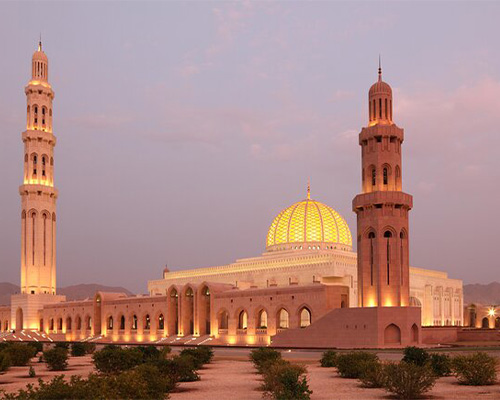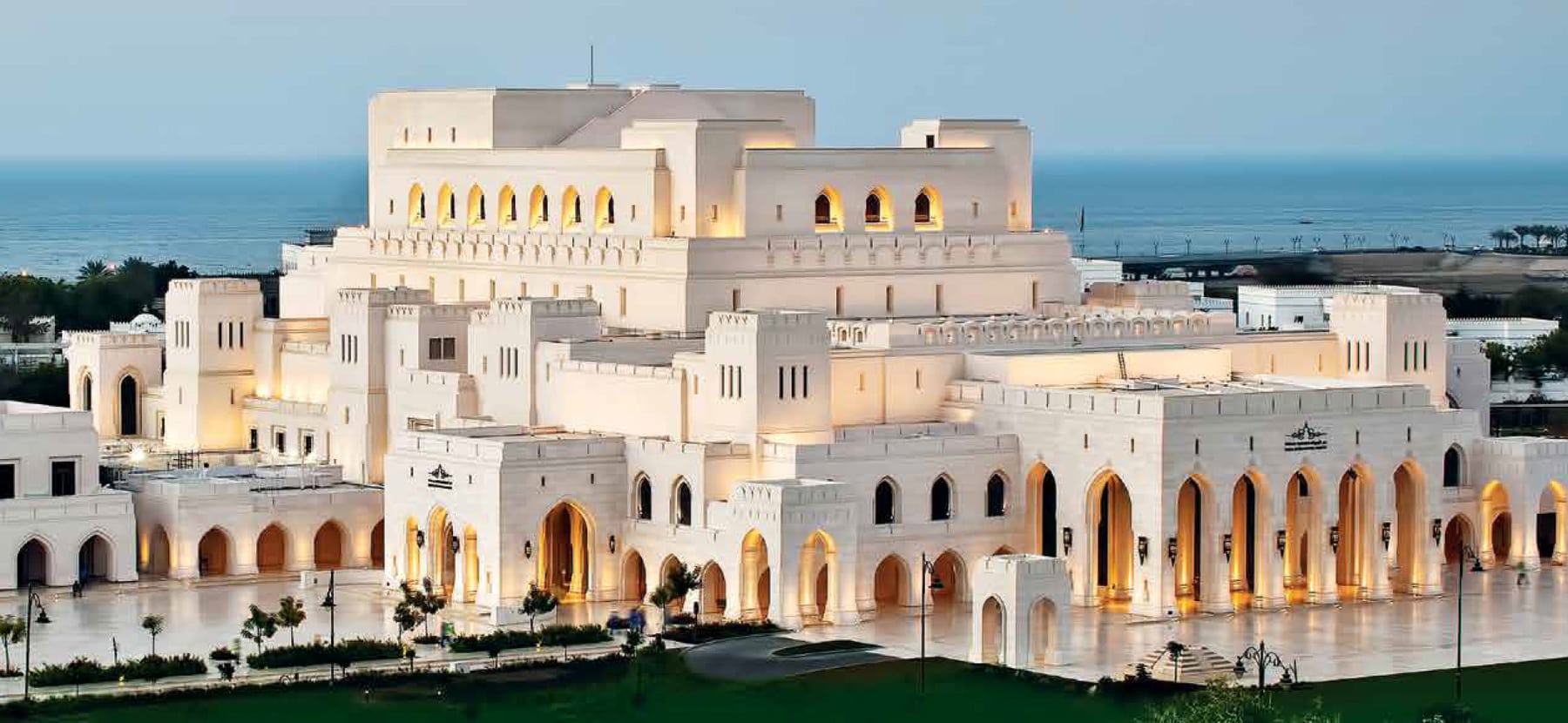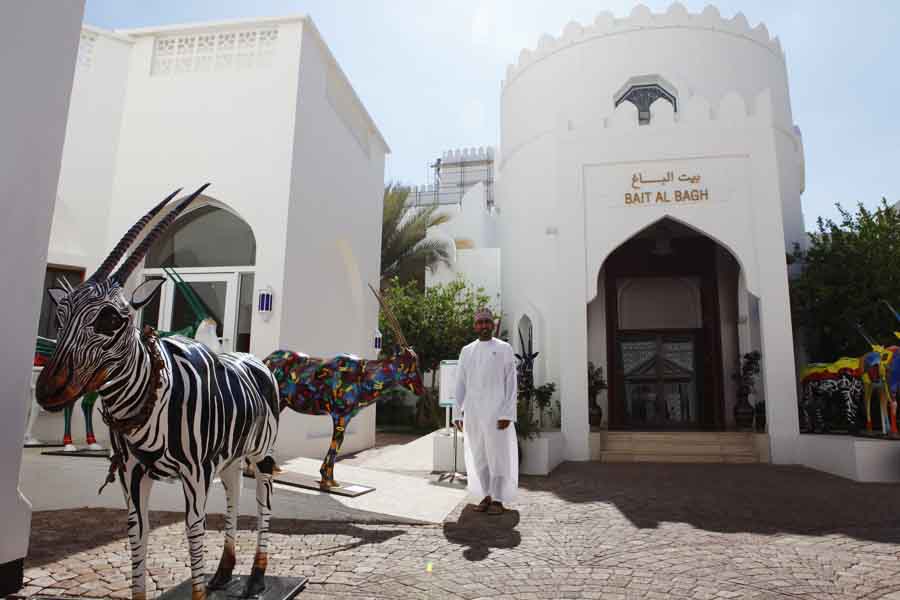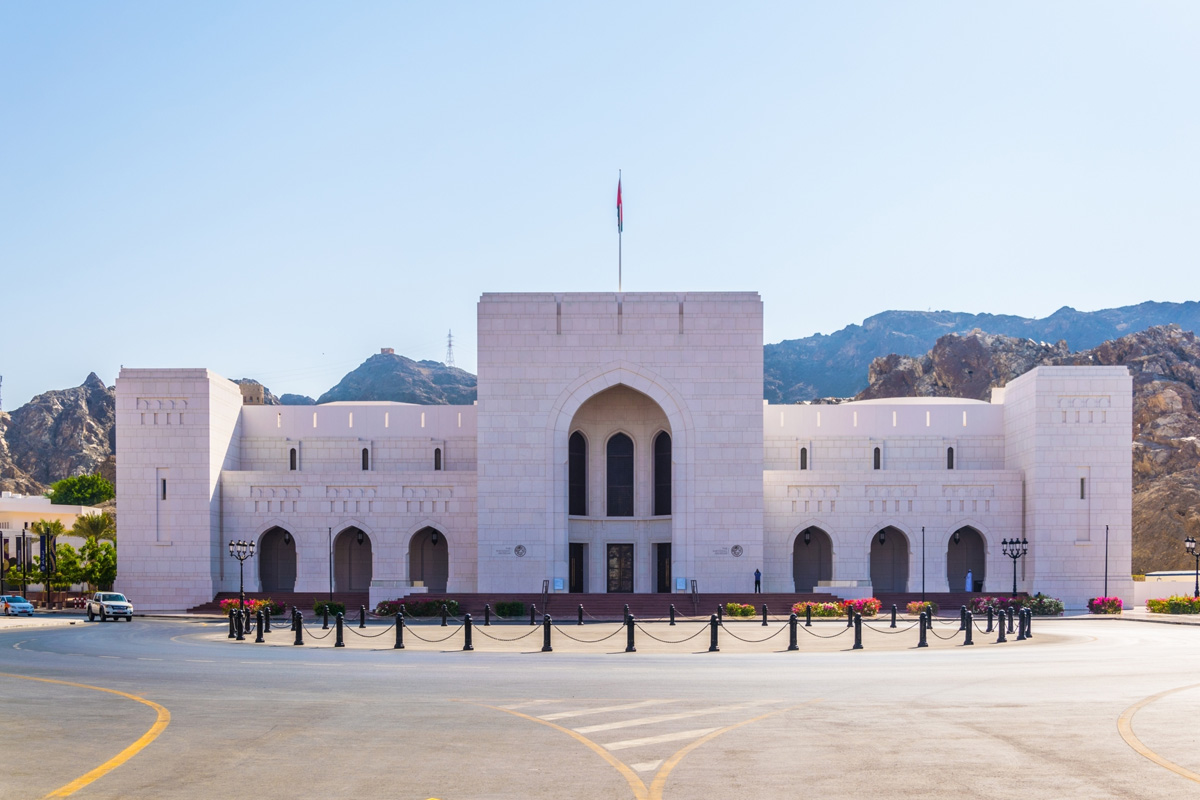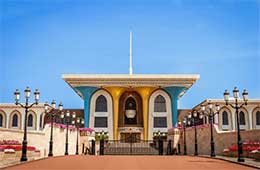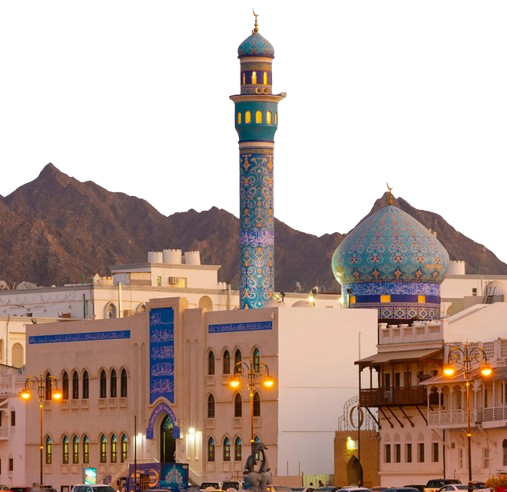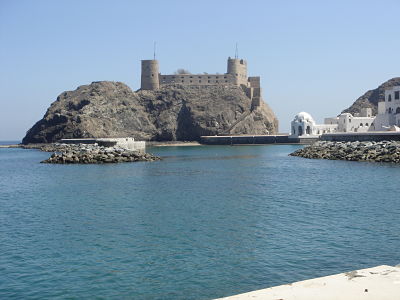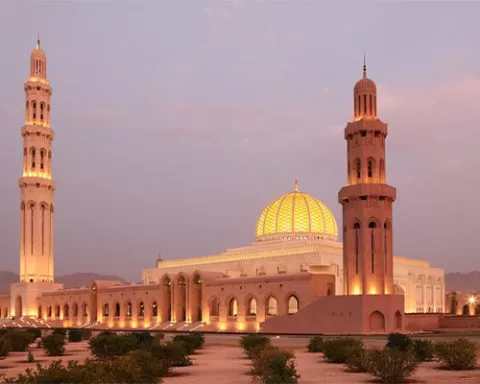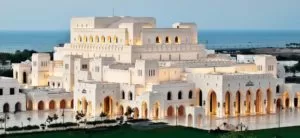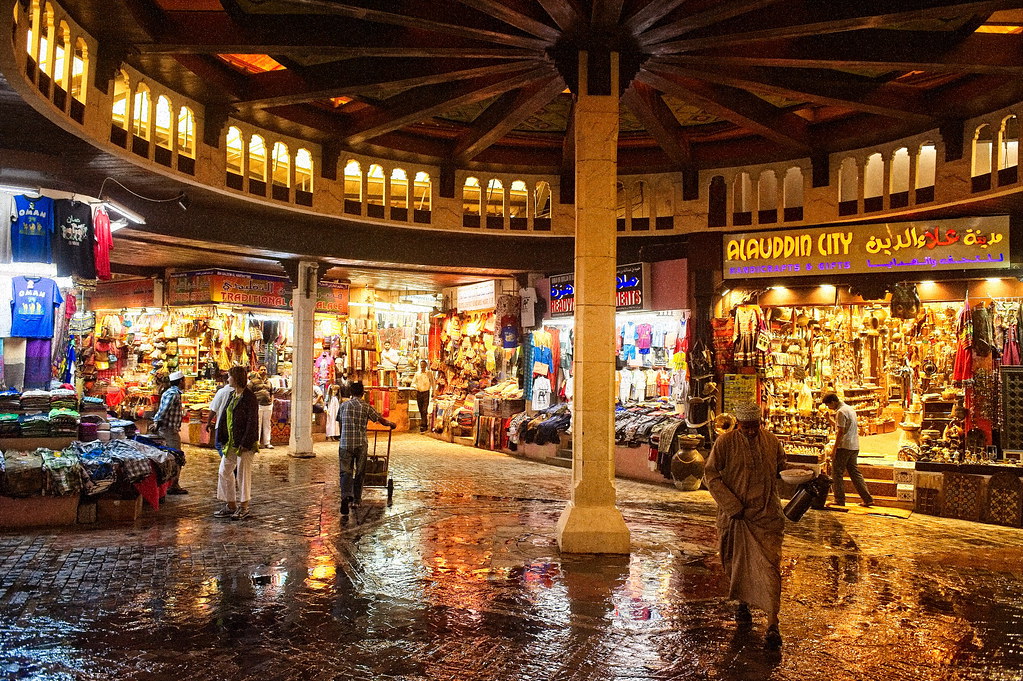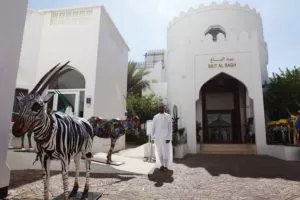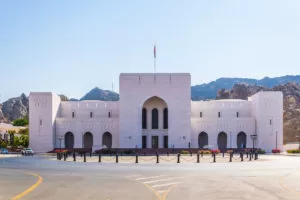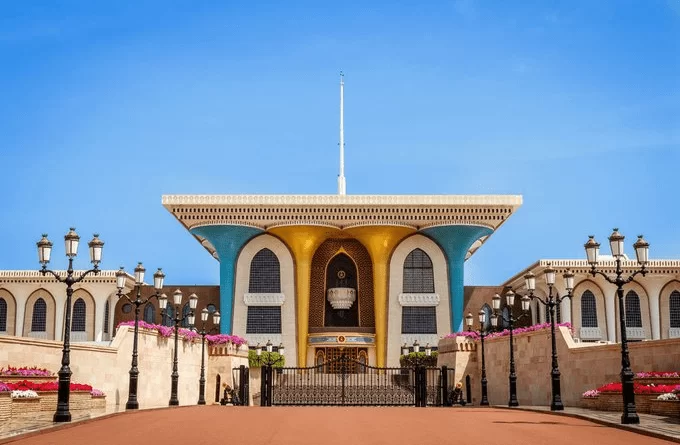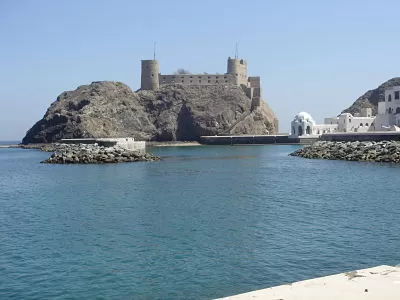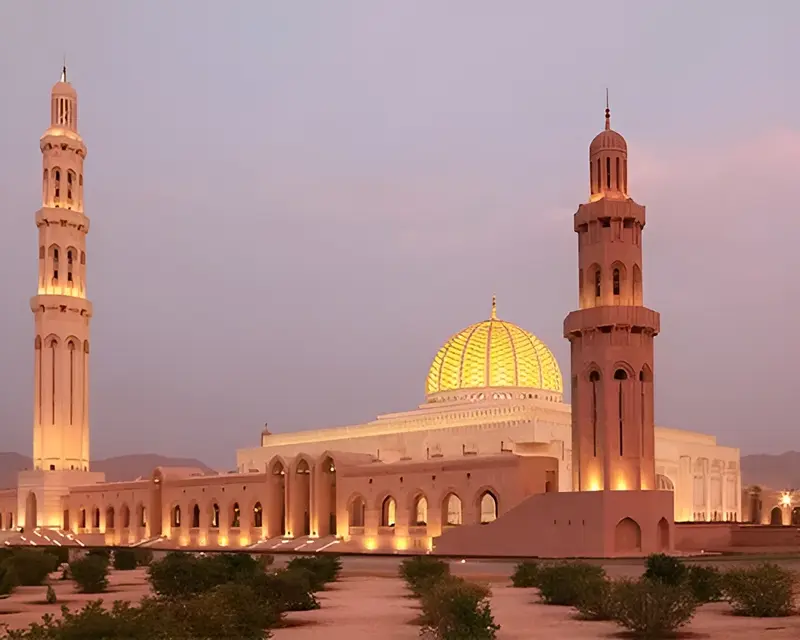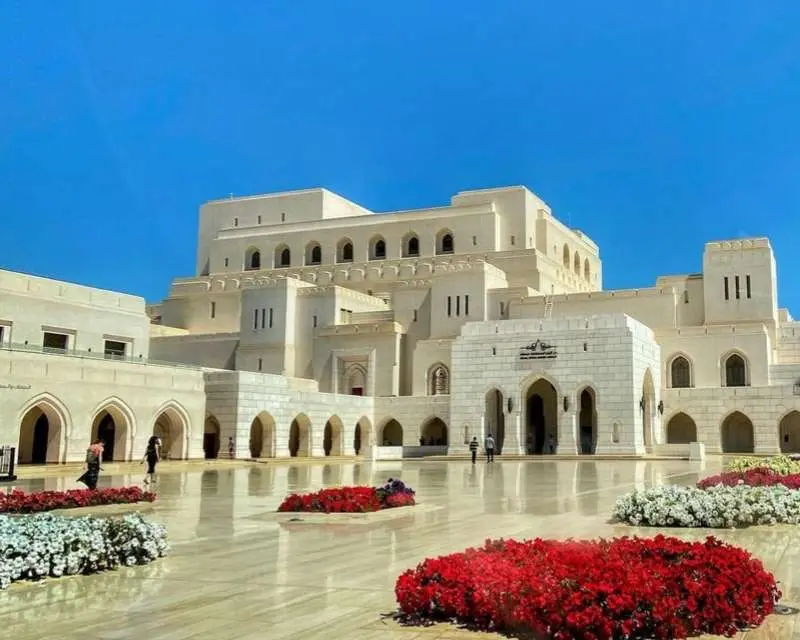Muscat City Tour
Join us on a journey through the heart of Oman’s capital with our Muscat city tour. Our city tour Muscat Oman is a mix of culture, history and architecture, perfect for those who want to experience the real deal.
Why Our City Tour Muscat?
Our private Muscat city tour is for those who want a bespoke experience. With an expert guide, comfortable transport and carefully chosen attractions our Muscat city tour package will give you the best of Oman’s capital in style and luxury.
First time or second time visitor, our city tour Muscat Oman will be an educational and fun experience. Contact us now to book and see Muscat like never before!
Highlights
Sultan Qaboos Grand Mosque Start your city tour Muscat with a visit to this beautiful piece of architecture, one of the largest mosques in the world. See the intricate Islamic art, including the famous chandelier and handwoven carpet. Read more
The Royal Opera House Then visit Oman’s cultural treasure where tradition meets modernity. The Opera House is a reflection of Oman’s heritage and artistic side. Read more
Mutrah Souk Get into the lively atmosphere of this traditional market. With its stalls of spices, textiles and handicrafts the souk is a highlight of any Muscat city tour package. Read more
The Bait Al Zubair Museum Explore Oman’s history at this museum which has an impressive collection of artifacts, traditional clothing and ancient weapons. A must see on a private Muscat city tour. Read more
The National Museum Continue to explore Oman’s heritage at this modern museum which has artifacts that tell the story of the country’s history and culture. Read more
The Sultan’s Palace Al Alam See the grandeur of Al Alam Palace, the ceremonial palace of Sultan Haitham bin Tariq. Its location between two forts makes it a highlight of any Muscat city tours. Read more
Forts Al Jalali & Al Mirani Finish your tour with a view of these historic forts that guard the Muscat harbor. These landmarks are a piece of Oman’s maritime history. Read more
Tour Tips
- Visitors must be appropriately dressed for the Grand Mosque.
- Please avoid tight clothing and ensure the arms and legs are covered, females must also cover their hair.
Sultan Qaboos Grand Mosque
The Royal Opera House
Mutrah Souq
The Bait Al Zubair Museum
The National Museum
The Sultan's Palace Al Alam
Forts Al Jalali & Al Mirani
The 16th Century Portuguese Forts Al Jalali & Al Mirani – The forts were built by the Portuguese empire in the 1580’s to protect the harbour after coming under attack twice by the Ottoman forces. The Jalali fort once served as Oman’s main prison but this ended in the 1970s and was later converted and restored in 1983 into a private museum.
Note:
Lunch and entrance fees to the above places (where applicable) are not included.

